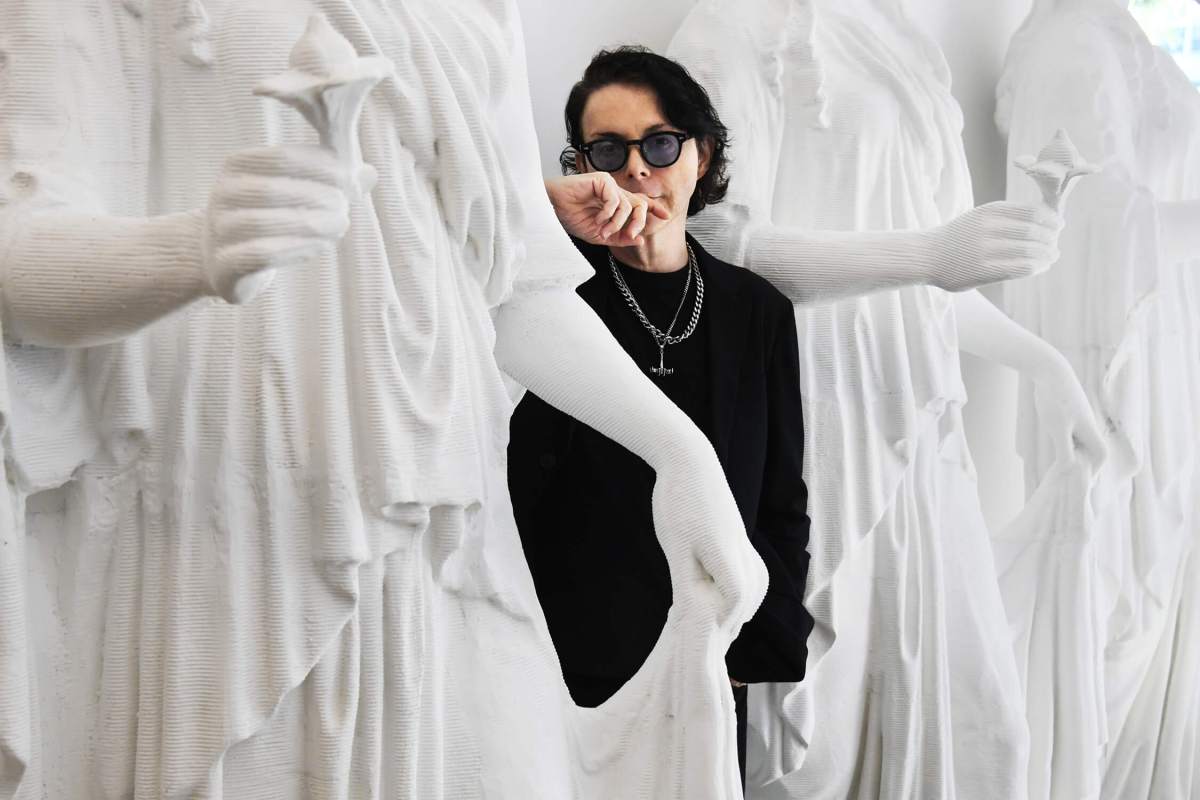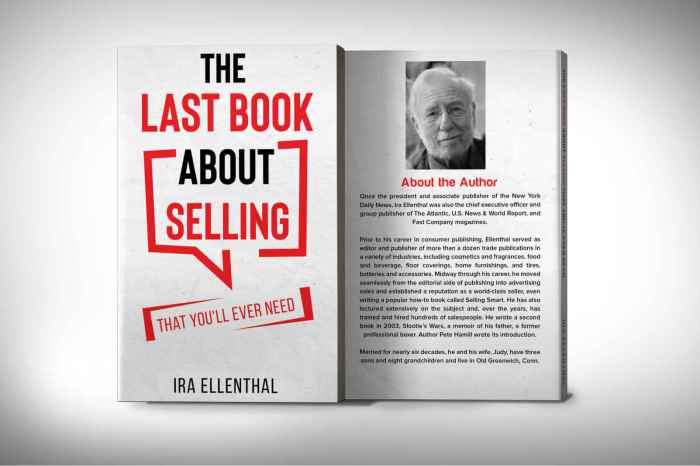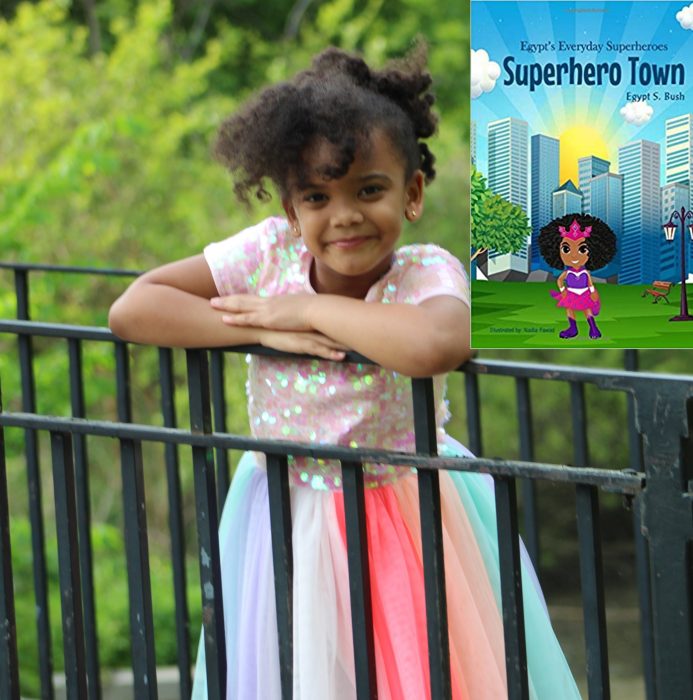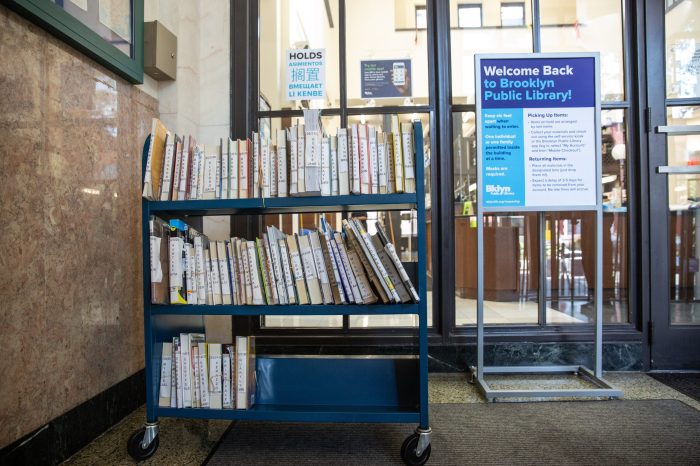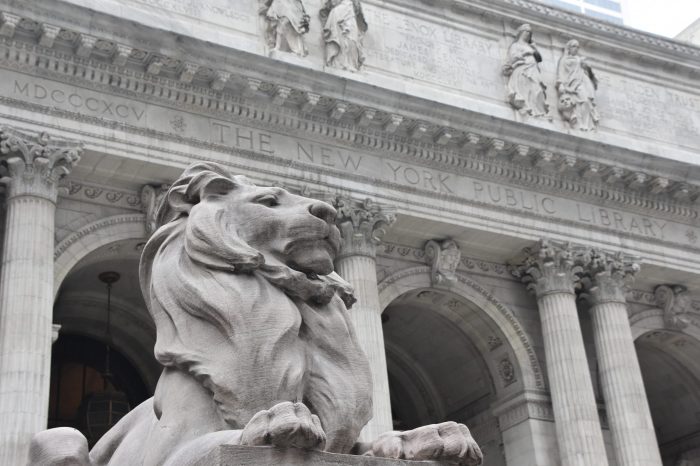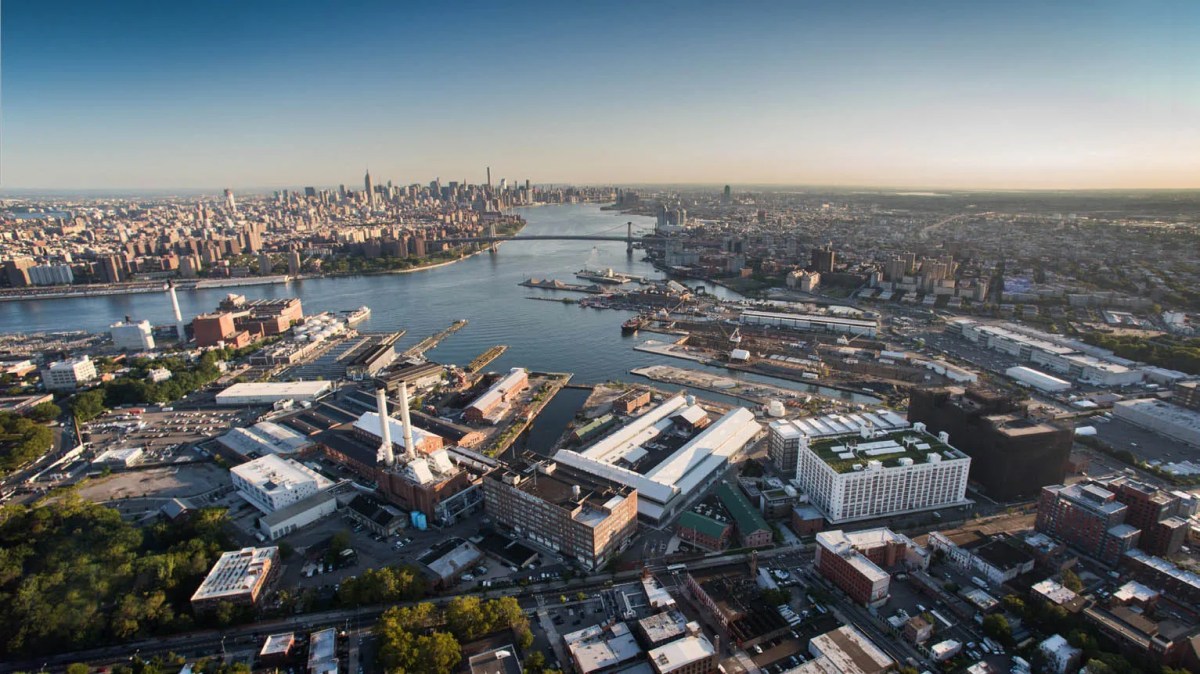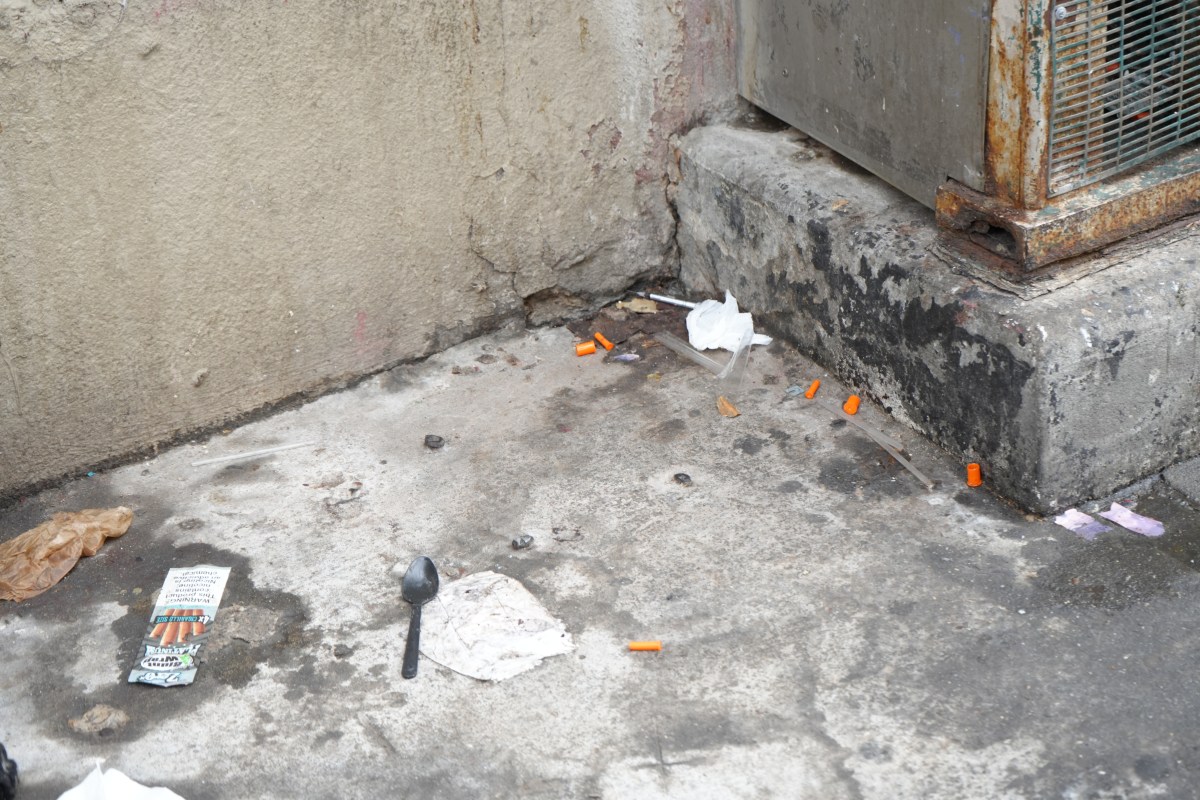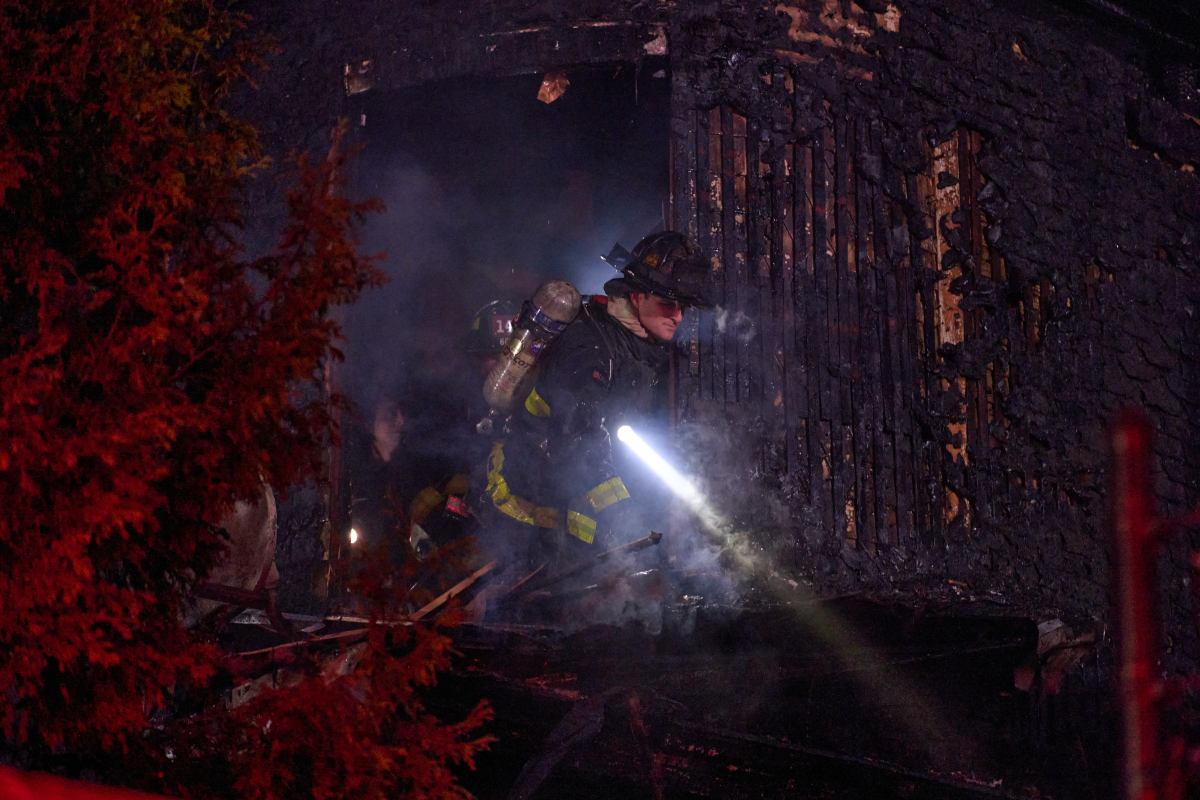If you’re going to write a book about a subject as expansive as music in Greenwich Village in the sixties, you’d better be passionate about it as Richard Barone.
“Music and Revolution: Greenwich Village” in the 1960’s proves that point, as Barone has not only produced a textbook example of how to combine a multitude of facts with lively writing, but it also happens to be the textbook for the course of the same name that he teaches at the New School.
Barone made a name for himself in the early 1980s as the leader of the acclaimed new wave combo The Bongos, but he had been involved in music since he was a seven year-old DJ in his hometown of Tampa, FL where he was producing local bands by age 16. He even managed to record the eccentric Tiny Tim , who was once a household name.
After giving the teenage Barone and his friend a private late night show (not what you might think, Barone informs us) and regaling them with tales of downtown NYC, the entertainer gave the young musician some sage advice.
“Mr. Barone,” Tiny Tim declared, ”Greenwich Village is where you should be.”
And that is where he is now, ensconced on Waverly Place since 1984.
“I started to become obsessed with the history of the Village,” he says.
That obsession stayed with him and in 2015, at the suggestion of A&R man Mitchell Cohen, he recorded an LP of songs associated with that 60’s village scene: “Sorrows and Promises.” Panel discussions on that subject followed at the Jefferson Market Library, as well as 60s themed concerts at Joe’s Pub and the Central Park SummerStage, where he shared the spotlight with some folks who were there, including John Sebastian, Jesse Colin Young, Melanie, David Amram and Happy Traum.
“Those discussions and concerts led to this book, “ Barone notes. “I started teaching the course at The New School in 2016 and the book has been in my head since then.”
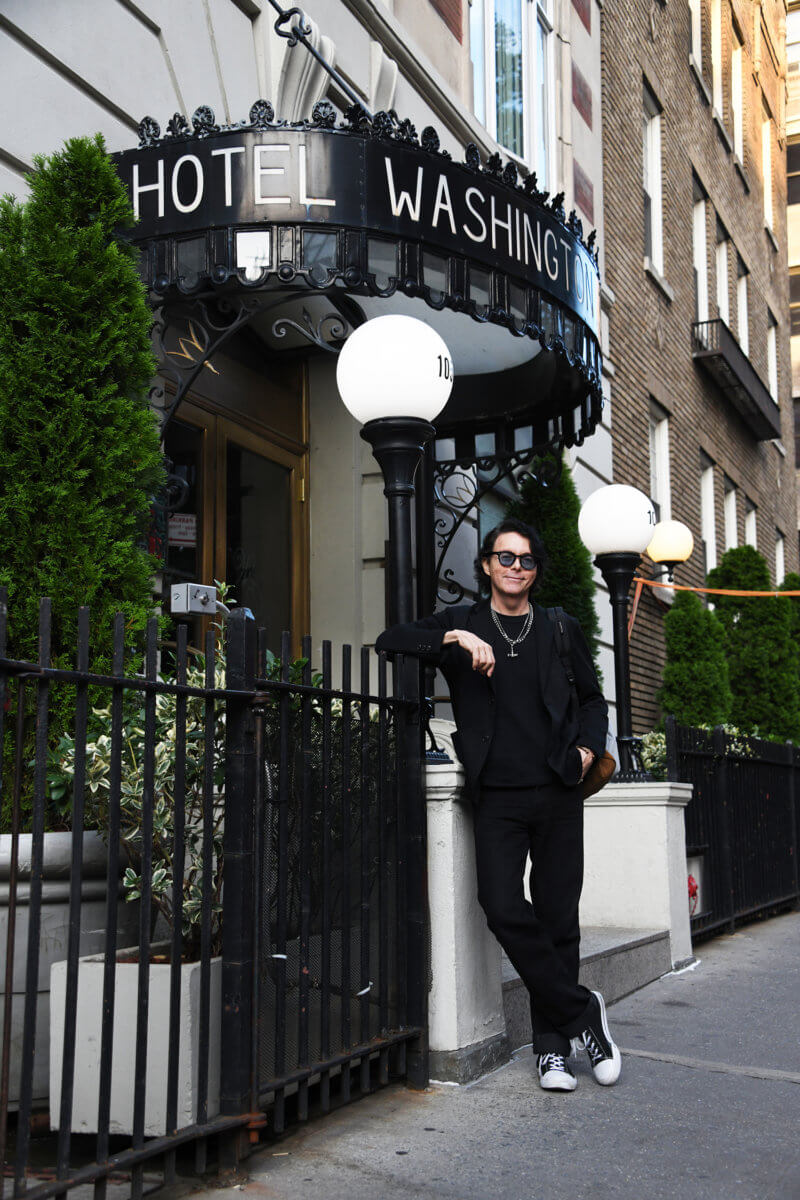
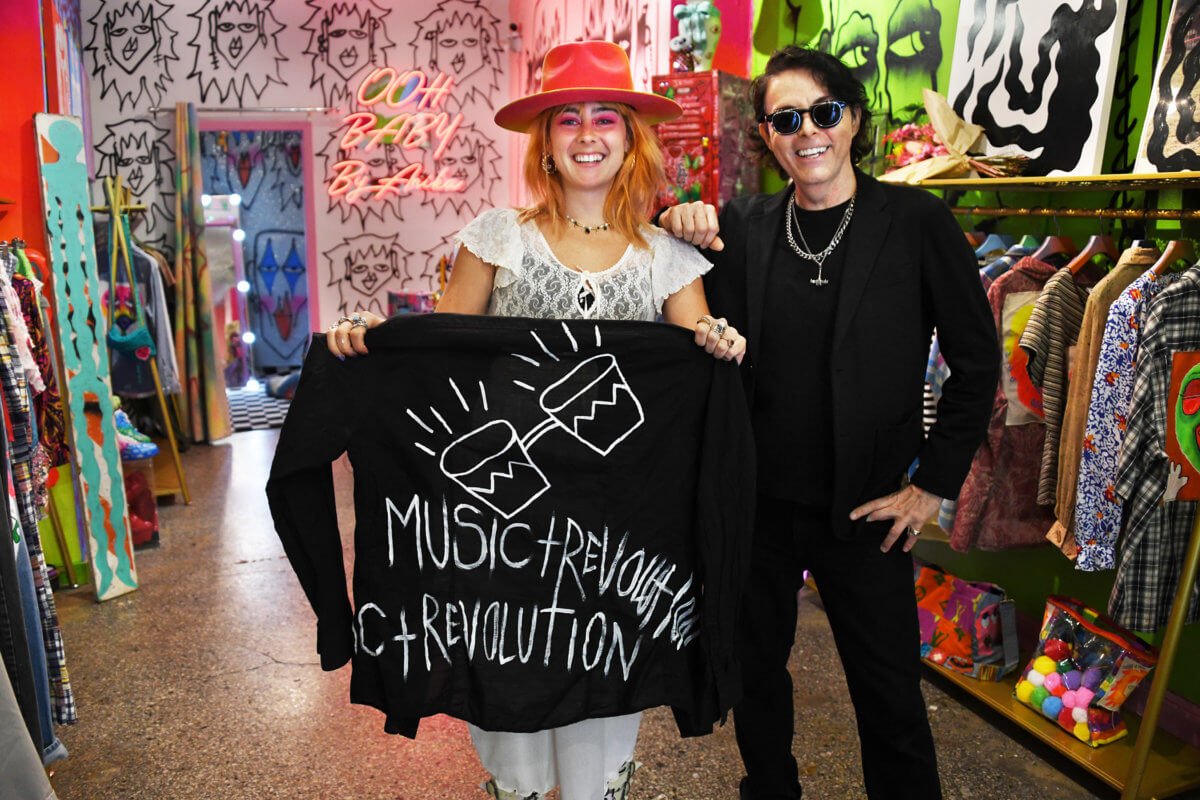
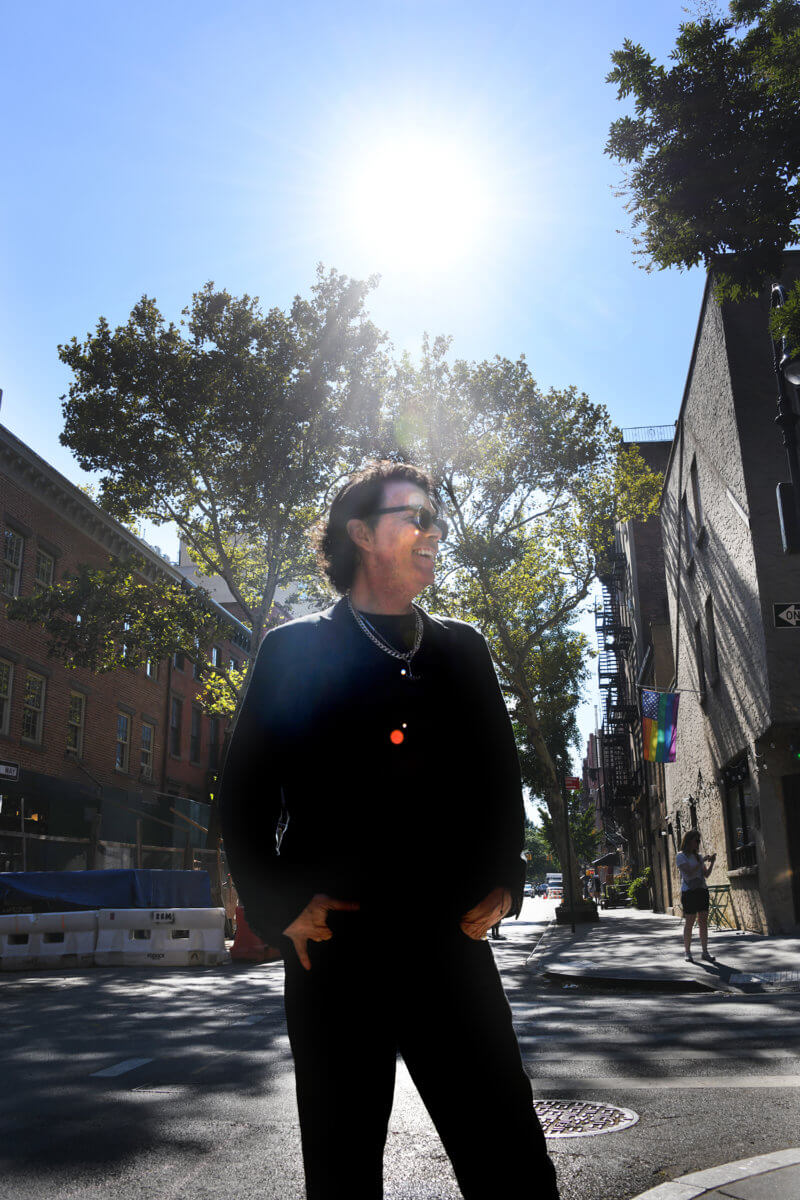
Not one to sit still, the producer/songwriter/recording artist/activist found some time to concentrate on the book due to the pandemic. One of the reasons it finally happened, he admits, is that he “had a lot of time to write during the lockdown.”
But you don’t just sit down and start writing something like this.
“I did over 80 interviews,” he says. “Listening to personal stories was an emotional roller coaster — there were as many failures as successes.”
His working method went a little deeper, as he explains, “I wrote the book with my guitar next to me. I wanted to play the songs and see why they worked.”
Before you make any assumptions about the work, Barone would like to emphasize that the most famous troubadour to emerge from that fertile scene — Bob Dylan — is not the star of the book.
“I wanted the book to represent the community of musicians that were here in the 60s,” Barone explains. “The ones who failed to find success are the heroes of the book. People like Karen Dalton, who was just a victim of bad timing.”
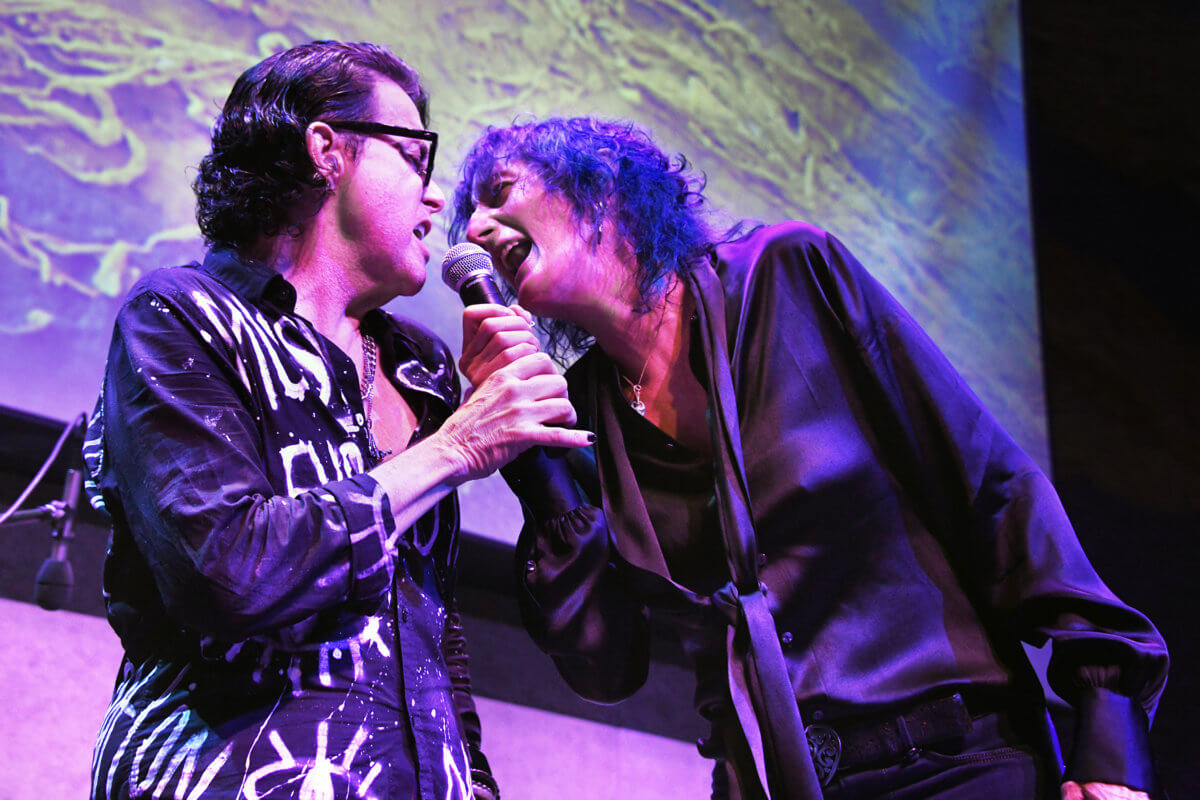
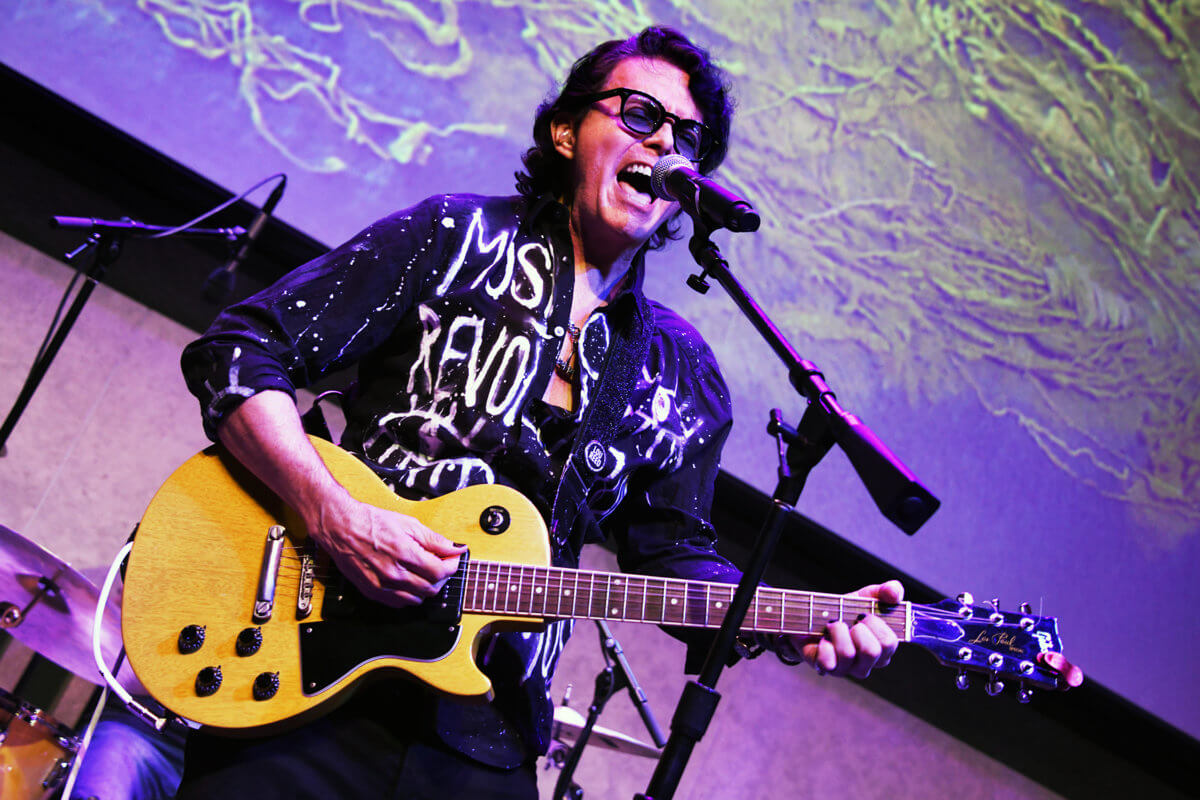
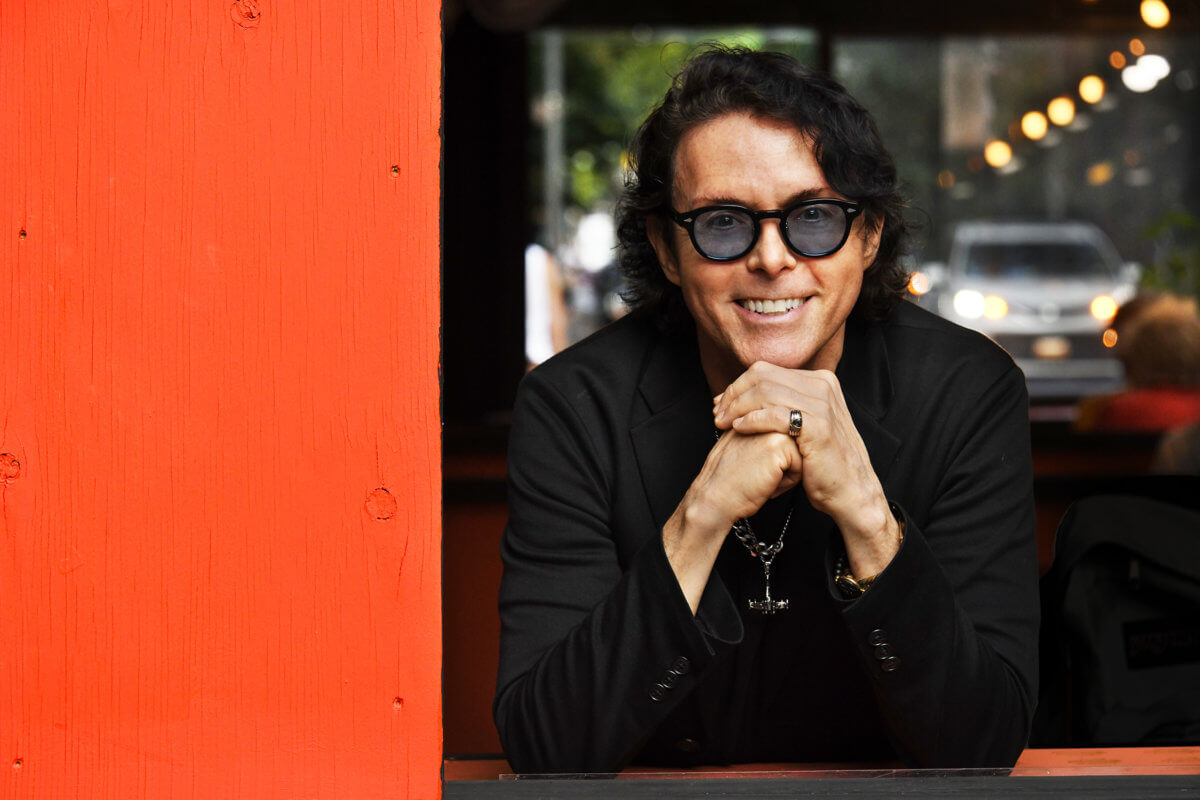
Other names that have been lost in the wake of Dylan’s achievement are celebrated here, including Patrick Sky, Bonnie Dobson and Paul Clayton, who was the most widely recorded of all the folk singers, but he never became a star. Those from the scene who did make a name for themselves such as Tom Paxton, The Lovin’ Spoonful, Phil Ochs, Janis Ian, Eric Andersen, Buffy Sainte-Marie and the hugely popular Peter, Paul and Mary will just draw a blank stare when mentioned to anyone below a certain age.
Hopefully, this volume will fill in the blanks for those who know that Greenwich Village is someplace special, but may not know why and send them off to listen to this music, much of which still sounds fresh today.
“An important conclusion of the book, for me,” Barone relates, “is how people who are not household names are often the ones who, through their innovations and influence, are really the ones who change the course of history. Especially in music and the arts. It’s fascinating to see the different roles people had in creating the Greenwich Village scene of the 1960s. I want people to take away the fact that music and message together can empower a musical community.”
Richard will be discussing the 60s Village scene this Friday as part of The Village Trip Festival: www.thevillagetrip.com/event/richard-barone-on-the-1960s-greenwich-village-music-scene.
He will be presenting an evening of music and discussion featuring special guests at the Museum of The City of New York in October: www.mcny.org/event/soul-city-music-revolution-greenwich-village-1960s.



